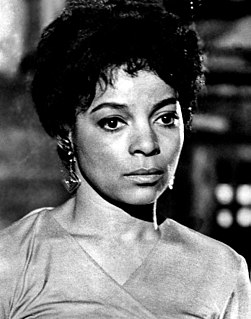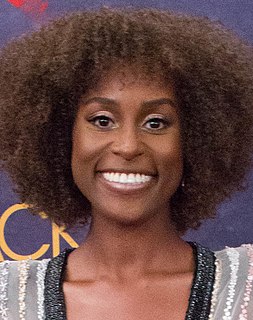A Quote by G. Willow Wilson
We don't want to create a literary ghetto in which black writers are only allowed to write black characters and women writers are put on 'girl books.'
Related Quotes
It's so important to create roles and characters and projects that feature black people in a way that's not specifically targeted toward the niche market, which is, like, a black movie is created and it's produced and pitched so that only black people will watch it ... I want to see dynamic characters and roles that everyone wants to watch.
There are places and spaces for black writers to write about race as a central thing. It's important. We're still dealing with the remnants of slavery. We're still dealing with racism on a daily basis. For me, I choose to write books about black people where we are normal. I was raised to believe that I deserve to be in a room just like anybody else. I try to write books like that.
A lot of writers, especially crime writers, have an image that we think we're trying to keep up with. You've got to be seen as dark and slightly dangerous. But I'm not like that and I've realised that I don't need to put that on. People will buy the books whether they see a photo of you dressed in black or not.
Spike Lee made such a difference in terms of black filmmakers, the subtleties - those authors, those writers who write from love, and those who write from that lofty position of superiority.I felt he took aspects of the black experience in America and held it up for us to see. He tried to put it in perspective. He did put it in perspective in his unique way.
The black characters on TV are the sidekicks, or they're insignificant. You could put all the black sidekicks on one show, and it would be the most boring, one-dimensional show ever. Even look at the black women on 'Community' and 'Parks and Recreation' - they are the archetype of the large black women on television. Snide and sassy.
First one gets works of art, then criticism of them, then criticism of the criticism, and, finally, a book on The Literary Situation , a book which tells you all about writers, critics, publishing, paperbacked books, the tendencies of the (literary) time, what sells and how much, what writers wear and drink and want, what their wives wear and drink and want, and so on.
People often ask me if I feel discriminated against as a black female director. I don't. I'm actually offered a ton of stuff. But I only want to direct what I write. And I prefer to focus on black female characters. What's most important to me is to put characters up onscreen who are not perfect, but who are human and flawed.





































